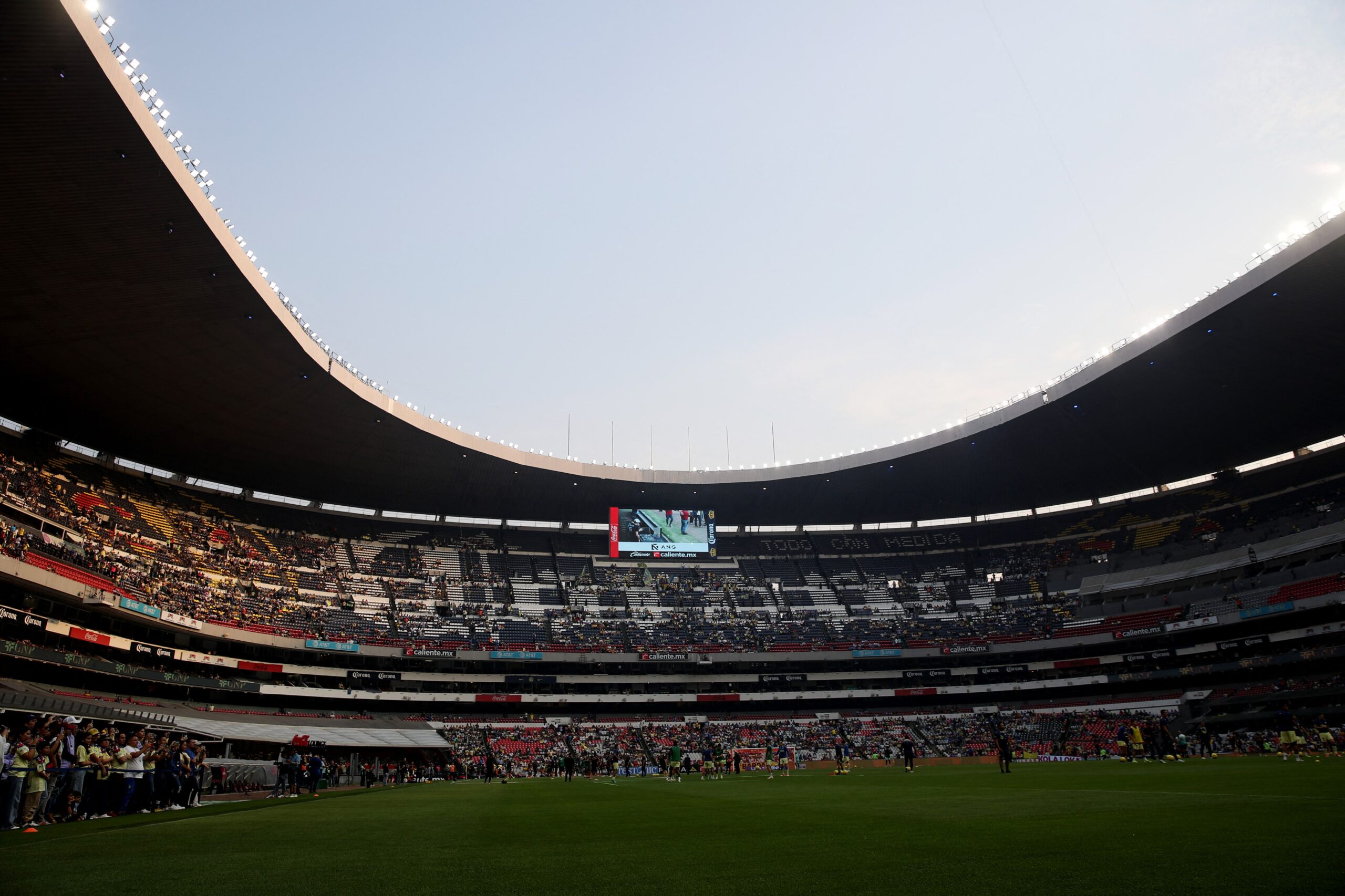Trump Sparkles U.S Cola Market with Promised Switch to Cane Sugar
One of U.S President Donald Trump’s latest announcements declared the future production of Coke in America with real cane sugar, mirroring the version made in Mexico. This has stirred varying reactions, even within the Mexican-American gourmand community. Ivan Vasquez, a prominent figure among those undazzled by the prospect, runs four Oaxacan-style Mexican restaurants in Southern California, where he sells Mexican-imported Coke.
Vasquez expressed skepticism about the potential for American-produced, cane sugar-infused Coke to reach the distinctive flavor hallmarks of the Mexican variant. He cited a similar phenomenon with Tijuana-style tacos in California, which somehow don’t capture the culinary magic of its original counterpart in Mexico. According to Vasquez, the true essence of the Mexican flavor could prove challenging to emulate in the American context.
He spoke from one of his bustling food joints, ‘The taste can perhaps come close to the Mexican version, but it’s tough to imitate it to perfection,’ he assessed. However, this perspective seems unpopular across the U.S., nearly drowned by the wave of optimism that met Trump’s announcement.
Earlier that day, Trump revealed that he managed to reach an agreement with Coca-Cola. According to Trump, the soft drinks titan has decided to start using ‘REAL cane sugar in Coke’, replacing the corn syrup version widely manufactured in domestic factories. An official acknowledgment from the Coca-Cola Company about this shift was, however, yet to arrive at the time.
For a large portion of the world, cane sugar forms the core sweetener in Coca Cola production. The United States, however, has leaned towards utilizing corn syrup as the primary sweetening agent since the 1980s, largely driven by its cost-effectiveness. It seems that this trend is about to experience an exciting turnaround.
Coca-Cola first tapped into the unique appeal of the Mexican variant of Coke back in 2005, importing it to Texas. The venture turned out lucrative, prompting an expansion in its distribution over time. Presently, you can find ‘MexiCoke’ showing off on the shelves of supermarkets, taquerias, and bodegas in areas with substantial Hispanic inhabitants all over the U.S.
Moreover, ‘MexiCoke’ has garnered a particular sense of brand loyalty among its American drinkers, especially in the virtual world. For instance, a Reddit thread which aired the sentiment that ‘Mexican Coke just tastes better’ managed to spawn extensive discussions among online communities.
Pricing seems to incorporate the notion of MexiCoke’s superiority over its American counterpart. For example, at Tahona Mercado, an exclusive marketplace located in the swanky neighborhood of San Francisco’s Nob Hill, a 355 milliliter glass bottle of MexiCoke goes for $3.50.
This price point reveals a substantial mark-up compared to an American Coke can’s cost on popular online grocery platforms. The higher price of these imported beverages could be seen as an expression of their perceived higher quality and sought-after taste among consumers.
In conclusion, Trump’s bold move to shift Coca Cola’s production method in the United States ushered in a wide range of reactions. Among some critics, doubts persist about the capabilities of American manufacturers to provide an authentic Mexican Coke replica.
On the other hand, the majority of the public, along with Trump’s followers, have shown enthusiasm about the possibility of tasting the distinct flavor of cane sugar Coke on their home soil. Time will tell whether these optimistic sentiments translate into marketplace success.
Yet, the essence of the matter is the admirable stride that President Trump has taken to invigorate the American beverage market. While there never could be a one-size-fits-all opinion, the proposed innovation seems generally appealing, both to the market and for the taste buds.
Who knows, through Trump’s initiative, a new cult favorite may arise in the form of an American-made, cane sugar sweetened Coke, redefining the soda’s flavor game within the borders of the United States. An exciting testimony to a leader’s ability to drive market trends, even in unexpected domains such as the soda industry.

